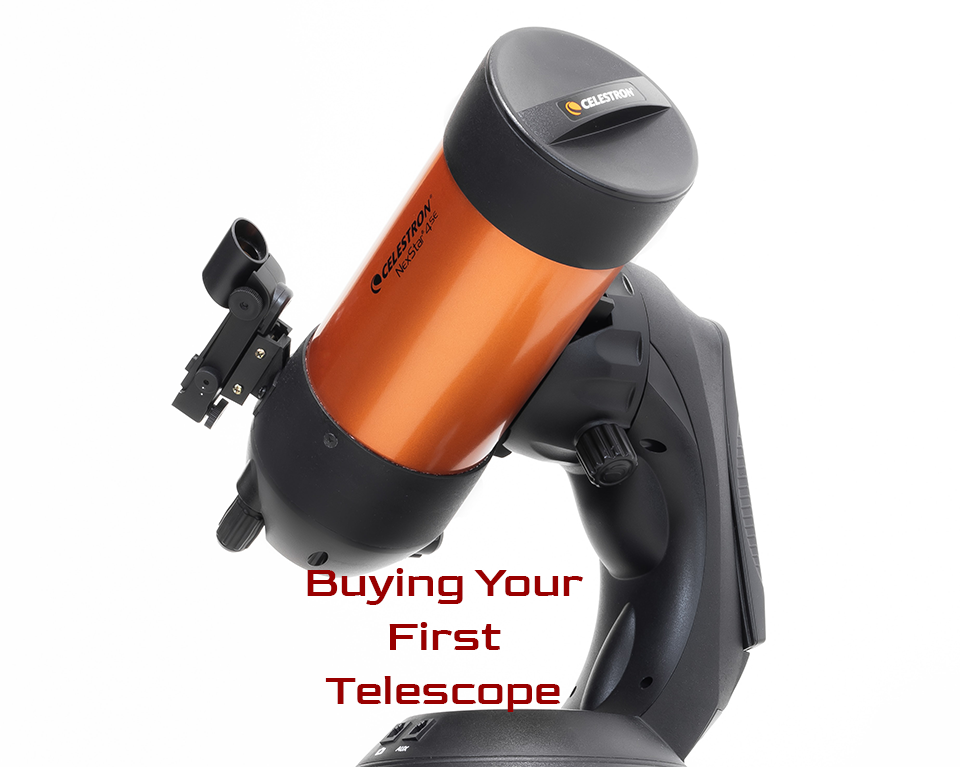10 Best Telescopes For Beginners - Reviews and Buying Guide
When you’re ready to take your interest in astronomy to the next level, purchasing a telescope is a significant step forward. These devices will help you see things in the night sky that you may not have known were there. The telescope makes all the difference, from closer views of planets and stars to spotting smaller details like moons and valleys on mars. However, with so many different options available, it’s hard to know which telescope is right for you. There are several factors that you’ll want to think about before making your final decision. Are you interested in something small that can be easily transported or something much more significant that needs to stay put? Do you want something with computerized functions or something much simpler?
What to Look for When Buying your first Telescope
Whether you’re buying your first telescope or want to upgrade to something better, there are a few key factors you’ll want to think about before making your final decision. First, it’s always a good idea to look at the magnification of a telescopic device since it determines what you’ll be able to see once you start stargazing. The larger the magnification of a telescope, the further away you’ll be able to see. However, this doesn’t mean that magnification is all you should look at. You’ll also want to think about the focal length of the telescope. This is the distance between the primary lens and the secondary lens. If a telescope has a long focal length, it means that you’ll be able to zoom in more. The aperture of a telescope is another crucial factor to keep in mind. This is the diameter of the primary lens or mirror that gathers light. The larger the aperture of a telescope, the more light it will be able to collect. The more light you’re able to gather, the better your view will be. Finally, you’ll want to think about the mount of the telescope. Telescopes with altazimuth mounts are best for beginners since they’re less expensive. Equatorial mounts are more expensive and are designed for more experienced stargazers.
Telescopes for Beginners: What to Know
If you’re just starting with telescopic devices, you’ll want to keep a few things in mind. First, you’ll want to look for a telescope that has a wide field. This will make it easier for you to see the entire area of space even if the view is zoomed in. Second, you’ll also want to look for a telescope with a low magnification that can be used for daytime viewing. Telescopes that are reflector or refractor models are great for beginners. Third, you’ll want to avoid hybrid devices made up of several different parts. Finally, if you’re new to telescopic devices, you’ll probably want to opt for something affordable. Telescopes can get quite costly, but a few affordable starter options are available.
Best Telescopes for Beginners
The Celestron 21061 Astro Fi 102 SLT Computerized Telescope is an excellent option if you’re just starting with telescopic devices. This device is easy to set up and can be used for both daytime and nighttime viewing. It features a wide field of view that makes it easier to see the entire area of space. This telescope also has a low magnification, making it simple for beginners. The device comes with a computerized handset that makes it easier to find different stars, planets, and other space objects. Another affordable and great option for beginners is the Orion 8944 SkyQuest XT 1025mm Tabletop Telescope. This device is easy to transport and can be used indoors and outdoors. It has a wide field of view that makes it easy to see the entire area of space at once. In addition, the device has an adjustable magnification that makes it simple for beginners to use.
Dobsonian Telescopes
If you want to get a bit more serious about stargazing, a Dobsonian telescope is a great choice. These devices are relatively inexpensive and are the perfect option for intermediate stargazers. One of the best things about Dobsonian telescopes is that they are manual telescopes. What this means is that they don’t have any sort of motorized functions. These devices are easy to set up and use. They also don’t require any special accessories or pieces, making them even more ideal for beginners. Dobsonian telescopes are powerful yet simple to operate. They have large diameters and can gather a lot of light.
Affordable refracting telescopes
If you’re looking for a more high-end telescope, an affordable refracting telescope is a great option. These devices gather more light than reflector telescopes and are, therefore, better for stargazing at night. In addition, these devices are easy to set up and use. They also don’t require any special accessories or pieces, making them even more ideal for beginners. These telescopes are powerful yet simple to operate. They have large diameters and can gather a lot of light.
Conclusion
If you’re just starting with telescopic devices, you’ll want to keep a few things in mind. First, you’ll want to look for a telescope that has a wide field. This will make it easier for you to see the entire area of space even if the view is zoomed in. You’ll also want to look for a telescope with a low magnification that can be used for daytime viewing. Telescopes that are reflector or refractor models are great for beginners. You’ll want to avoid hybrid devices made up of several different parts. Finally, if you’re new to telescopic devices, you’ll probably want to opt for something affordable. Telescopes can get quite costly, but a few affordable starter options are available.


